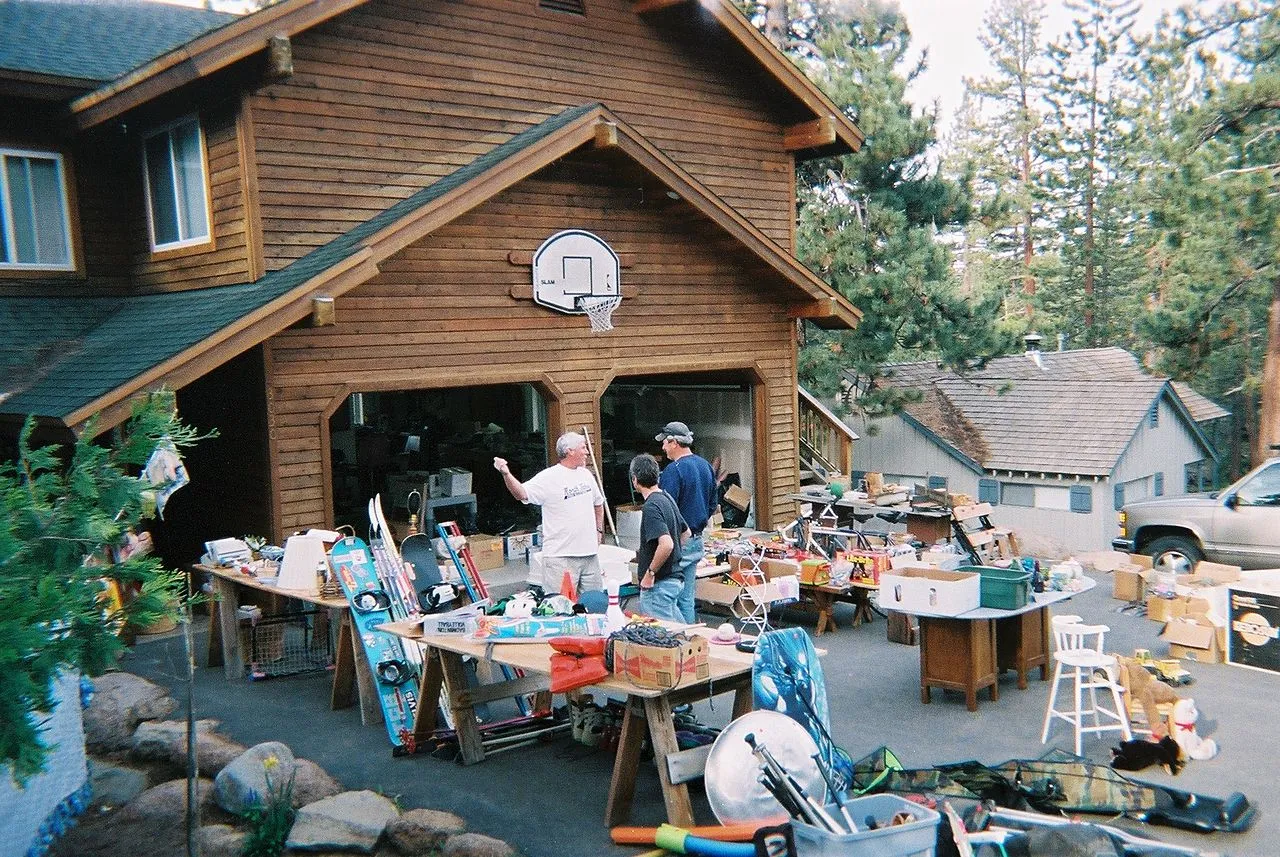Estate Cleanouts: Handling Belongings with Care

Estate cleanouts are among the most emotionally challenging tasks families face. Whether you're dealing with the loss of a loved one or helping an elderly family member downsize, the process requires sensitivity, patience, and careful planning. This guide will help you navigate this difficult time with compassion and efficiency.
Understanding the Emotional Aspect
Estate cleanouts are never just about removing items—they're about handling memories, family history, and emotional attachments. It's important to:
- Allow extra time for the emotional aspects of sorting
- Involve family members in decision-making when possible
- Respect different family members' attachment to items
- Take breaks when emotions become overwhelming
- Consider hiring professionals who understand the sensitivity required
Before You Begin: Essential Preparation
Legal Considerations
- Ensure you have legal authority to dispose of items
- Check if there's a will that specifies distribution of belongings
- Consult with the estate attorney if needed
- Understand any insurance implications
Family Communication
- Hold a family meeting to discuss the process
- Establish clear guidelines for claiming items
- Set deadlines for family members to review belongings
- Decide how to handle disagreements
- Consider hiring a neutral third party if tensions are high
The Systematic Approach
Phase 1: Initial Assessment (1-2 days)
- Walk through the entire property
- Identify valuable items that need professional appraisal
- Note any hazardous materials
- Take photos for family members who can't be present
- Create a rough timeline for the cleanout
Phase 2: Valuable Item Identification (2-3 days)
Look for items that may have significant value:
- Jewelry and precious metals
- Artwork and collectibles
- Antique furniture
- Rare books or documents
- Vintage items or memorabilia
- Tools or equipment in good condition
Phase 3: Sorting and Categorizing
Create clear categories for all items:
- Keep/Distribute to Family: Sentimental or valuable items
- Sell: Valuable items the family doesn't want
- Donate: Usable items in good condition
- Dispose: Items that can't be donated or sold
- Special Handling: Hazardous or sensitive materials
Handling Sentimental Items
Documents and Photos
- Sort through all paperwork carefully
- Keep important documents (birth certificates, deeds, insurance policies)
- Digitize photos and share copies with family
- Consider creating memory books for family members
Personal Effects
- Allow family members to choose meaningful items first
- Consider dividing items equally if multiple people want the same thing
- Take photos of items that can't be kept but hold memories
- Create shadow boxes or memory displays with small keepsakes
Maximizing Value from the Estate
Professional Appraisals
Consider professional appraisals for:
- Jewelry and precious metals
- Artwork and antiques
- Collectibles (coins, stamps, etc.)
- Vintage furniture
- Musical instruments
Selling Options
- Estate Sales: Good for large quantities of household items
- Auction Houses: Best for high-value antiques and art
- Online Platforms: eBay, Facebook Marketplace for specific items
- Consignment Shops: For furniture and clothing
- Specialty Dealers: For specific collectibles or antiques
Donation Opportunities
Many organizations welcome estate donations:
- Goodwill/Salvation Army: General household items
- Habitat for Humanity ReStore: Furniture and building materials
- Local Libraries: Books and media
- Schools: Art supplies, books, equipment
- Senior Centers: Games, books, craft supplies
- Animal Shelters: Towels, blankets, newspapers
Special Considerations
Hazardous Materials
Older homes may contain:
- Old paint and chemicals
- Prescription medications
- Cleaning supplies
- Automotive fluids
- Asbestos-containing materials
Technology and Electronics
- Wipe hard drives and devices of personal information
- Remove batteries from devices
- Check for valuable metals in older electronics
- Consider donating working electronics to schools or nonprofits
Working with Professional Services
When to Hire Professionals
- Large estates with extensive belongings
- Time constraints due to property sales
- Family conflicts over belongings
- Physical limitations of family members
- Presence of hazardous materials
What to Look for in Estate Cleanout Services
- Experience with sensitive situations
- Proper licensing and insurance
- References from previous estate cleanouts
- Transparent pricing
- Ability to coordinate with other services (appraisers, auctioneers)
Timeline Considerations
Typical Estate Cleanout Timeline
- Small estate (1-2 bedrooms): 2-5 days
- Medium estate (3-4 bedrooms): 1-2 weeks
- Large estate (5+ bedrooms): 2-4 weeks
- Hoarding situations: Several weeks to months
Emotional Support and Self-Care
- Don't try to do everything in one day
- Take regular breaks
- Ask for help from friends and family
- Consider grief counseling if needed
- Remember that it's okay to keep some items for emotional reasons
Final Steps
- Schedule final junk removal for remaining items
- Clean the property thoroughly
- Document the process for estate records
- Distribute keepsakes to family members
- Take time to process the emotional aspects of the experience
Estate cleanouts are never easy, but with careful planning, family communication, and professional help when needed, you can honor your loved one's memory while efficiently managing their belongings. Remember that this process is as much about healing and closure as it is about clearing out a home.
Need Professional Junk Removal?
Let Young Bucks handle the heavy lifting. We provide fast, friendly, and reliable junk removal services throughout the Greater Metro Area.